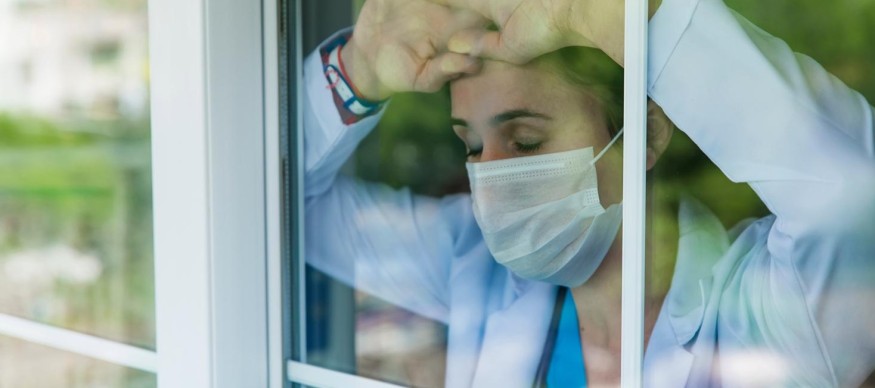
In a significant advancement for global mental health care, the World Health Organization (WHO) has released the third edition of its Mental Health Gap Action Programme (mhGAP) guideline.
The update introduces new and revised recommendations for the treatment of mental, neurological, and substance use (MNS) disorders, addressing a critical health concern worldwide.
MNS disorders are a leading cause of morbidity and early mortality across all global regions. Despite this, an estimated 75% of affected individuals remain without access to necessary treatment or care. The updated mhGAP guideline aims to bridge this gap, offering a comprehensive framework for non-specialist healthcare providers, including doctors, nurses,and other primary care workers, according to the WHO.
Dévora Kestel, WHO Director for Mental Health and Substance Use, emphasized the guideline's importance, noting its 15-year impact in improving access to psychological interventions and medications for MNS disorders. She highlighted the growing relevance of mental health in contemporary healthcare, underlining the guide's crucial role in supporting primary health care workers.
The 2023 update features 30 revised and 18 new recommendations among the existing 90, with a particular focus on anxiety disorders, now one of the most common mental disorders globally.
New modules recommend cognitive behavioural therapy (CBT) and stress management techniques for adults with generalized anxiety and/or panic disorder. Additionally, the guideline suggests considering Selective Serotonin Reuptake Inhibitors (SSRIs) for these conditions.
Beyond anxiety, the guideline underscores the importance of psychological treatments across various MNS conditions. It includes novel recommendations on psychosocial interventions for carers of persons with psychosis or bipolar disorder, as well as for individuals with psychosis, alcohol dependence, substance use, dementia and neurodevelopmental disorders in children and adolescents, including autism, ADHD and cerebral palsy.
A critical update within the guideline is the recommendation against the use of valproic acid (sodium valproate) in women and girls who are or may become pregnant, due to its associated risk of birth defects. The guideline advises these individuals to consult their physicians regarding alternative treatments and effective contraception methods.
The comprehensive update reflects WHO's commitment to enhancing mental health care globally and addressing the treatment gap in MNS disorders, aligning with the latest research and clinical practices to ensure effective and accessible care for all.
